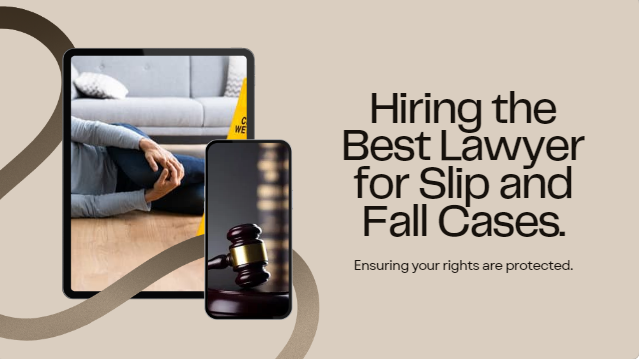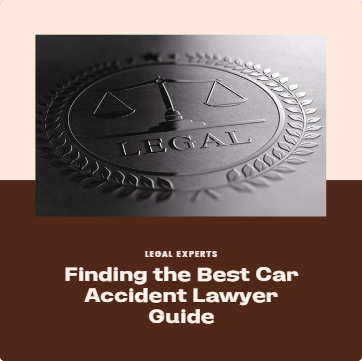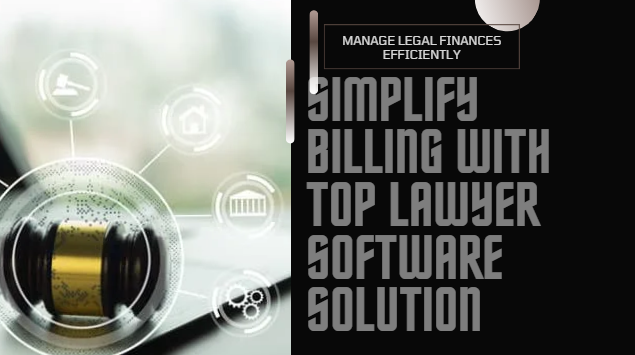Imagine this: you’re walking down the street, minding your own business, when suddenly your feet slip out from under you and you come crashing down. You’re hurt, shaken, and maybe a little confused. This is a slip and fall accident, and it happens to millions of people every year.
If you’ve been injured in a slip and fall, you might be wondering if you need a lawyer. The answer? In most cases, absolutely. Here’s why:

Understanding the Law: A legal Maze
Slip and fall laws can be tricky. To win your case, you need to prove that someone else’s negligence (carelessness) caused your accident. This means showing the owner of the property (like a store or apartment building) didn’t take reasonable steps to keep you safe.
Here’s the catch: property owners have lawyers on their side, and their job is to minimize the amount of money they pay out for claims. These lawyers know the law inside and out, and they’ll be working hard to poke holes in your case.
Finding the Evidence: Like putting together a puzzle, a slip and fall case needs evidence to prove your injuries and how the accident happened. This evidence might include:
- Photos of the accident scene, especially the dangerous condition that caused you to fall.
- Witness statements from people who saw you fall.
- Medical records documenting your injuries and treatment.
- Security camera footage, if available.
An experienced lawyer knows how to find and gather this evidence. They can also track down expert witnesses, like doctors or safety engineers, who can explain how the property owner’s negligence led to your fall.
Getting You the Compensation You Deserve:
Slip and fall injuries can be expensive. You might be facing medical bills, lost wages from missing work, and even long-term pain and suffering. A lawyer can help you get the compensation you deserve for all of these damages.
Here’s what a lawyer can do:
- Calculate the value of your claim: This includes not just your medical bills, but also lost wages, future medical care, and pain and suffering.
- Negotiate with the insurance company: Insurance companies often try to offer low settlements. A lawyer knows how to negotiate on your behalf and fight for the maximum compensation you deserve.
- Take your case to court: If the insurance company won’t offer a fair settlement, your lawyer can take your case to court.
Peace of Mind During a Difficult Time:
Let’s face it, dealing with a slip and fall injury is stressful. You’re probably worried about your health, your finances, and the future. A good lawyer can take the legal burden off your shoulders. They’ll handle all the paperwork, negotiations, and court appearances, allowing you to focus on healing.
Finding the Right Lawyer:
Not all lawyers are created equal. When choosing a lawyer for your slip and fall case, look for someone with experience in personal injury law, specifically slip and fall cases. Here are some tips for finding the right lawyer:
- Ask for recommendations: Talk to friends, family, or your doctor for recommendations.
- Do your research: Many lawyers have websites that outline their experience and practice areas.
- Schedule consultations: Most lawyers offer free consultations where you can discuss your case and get a sense of their personality and experience.
Don’t Wait – Get Help Today!
If you’ve been injured in a slip and fall accident, don’t wait to get help. The sooner you contact a lawyer, the sooner they can start working on your case. Evidence can disappear over time, and witness memories can fade.
The Fight Against Common Defenses:
Property owners and their insurance companies will often try to use various defenses to avoid paying compensation in slip and fall cases. Here’s how a skilled lawyer can counter these arguments:
- Comparative Negligence: This means they might try to claim you were partly to blame for your fall. Maybe you were texting while walking, or they might argue you weren’t wearing proper footwear. A good lawyer will know how to fight back against these accusations and demonstrate the property owner’s primary responsibility for your safety.
- “Open and Obvious” Hazard: Property owners might claim the dangerous condition was obvious, and you should have avoided it. However, the lawyer can argue that the hazard wasn’t clear or properly warned about, or that you couldn’t have reasonably avoided it under the circumstances.
- Trespassing: If you fell on private property where you weren’t supposed to be, the owner might claim they have no duty to you. An experienced lawyer can argue the specific circumstances of your presence and whether the owner should have foreseen someone being there.
Beyond the Basics: Uncovering Hidden Liabilities
Sometimes, slip and fall accidents involve more than one potentially liable party. A good lawyer will explore all possibilities, such as:
- Maintenance Companies: If a cleaning company or maintenance worker created the hazardous condition, they might share some of the blame.
- Product Manufacturers: If a faulty product, like a broken step or a slippery mat, caused your fall, the manufacturer might be held responsible.
- Government Entities: In some cases, government entities responsible for sidewalk or public space maintenance could be liable if they failed to fix a known hazard.
The Power of Negotiation:
Lawsuits can be expensive and time-consuming. A skilled lawyer will explore all options to resolve your case efficiently. Negotiation is a powerful tool:
- Settlement Offers: The lawyer can negotiate with the insurance company to get you the best possible settlement without going to court. This can be a quicker and less stressful way to get the compensation you deserve.
- Mediation: Mediation involves a neutral third party who helps both sides reach a fair agreement.
When Negotiation Fails: Taking it to Court
If negotiations break down, your lawyer will be prepared to take your case to court. This can be a complex process, but an experienced lawyer will guide you through every step, including:
- Filing a Lawsuit: The lawyer will draft and file the legal paperwork to initiate the lawsuit.
- Discovery: This phase involves exchanging information and evidence with the other side.
- Trial: If necessary, your lawyer will represent you in court, presenting evidence and arguments to a judge or jury.
Building a Strong Case: The Importance of Details
While the main events of your slip and fall might seem straightforward, remember – details matter. Here’s how a lawyer can ensure every aspect of your case is documented:
- Timeline of Events: The lawyer will create a detailed timeline of what happened before, during, and after your fall. This helps establish the cause of the accident and the extent of your injuries.
- Medical Records: Your medical records are crucial evidence of your injuries and the treatment you received. The lawyer will ensure all relevant medical documentation is collected and presented effectively.
- Witness Statements: Witnesses who saw you fall can be valuable sources of information. The lawyer will track down witnesses, take statements, and prepare them to testify if needed.
The Road to Recovery: Support Beyond Legal Expertise
A good lawyer goes beyond just legal representation. They can also be a source of support and guidance during this challenging time. Here’s how they can help:
- Referrals to Medical Professionals: The lawyer might have connections to specialists who can help you recover from your injuries.
- Financial Guidance: They can advise you on managing medical bills and lost wages while your case progresses.
- Emotional Support: Dealing with an injury can be stressful. Your lawyer can be a source of reassurance and can help you navigate the legal process with confidence.






